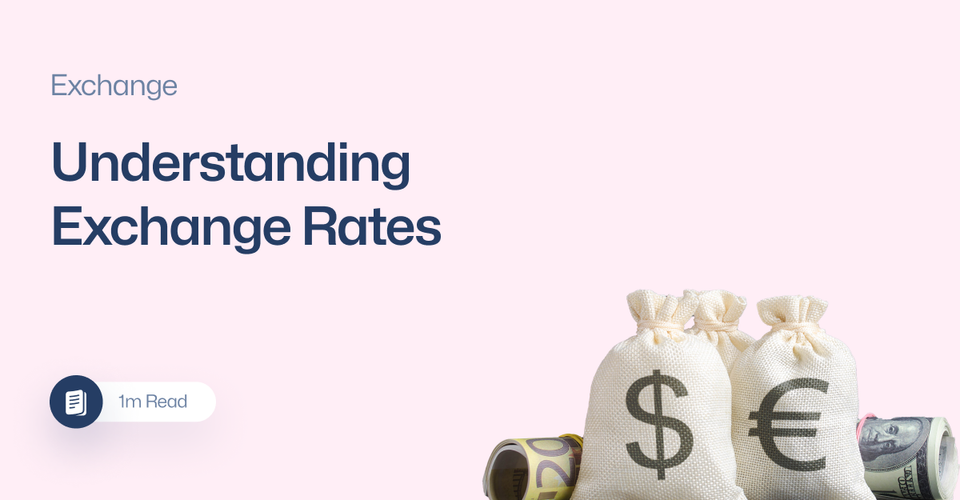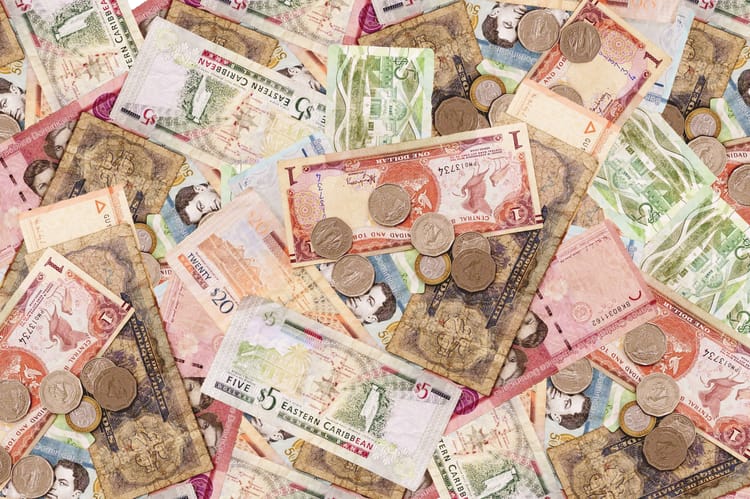Understanding Exchange Rates for International Transfers

International money transfers have become an essential part of life in today’s globalized world. Whether you’re sending money to family, paying for services abroad, or handling cross-border transactions for your business, one key factor you must consider is the exchange rate. Understanding how exchange rates work can help you maximize the value of your money and avoid unnecessary costs. This article will break down what exchange rates are, how they impact your international transfers, and how you can ensure you’re getting the best deal.
What Are Exchange Rates?
An exchange rate is the value of one currency in relation to another. For example, if you’re transferring money from the US to Nigeria, the exchange rate determines how many Nigerian Naira you’ll get for each US dollar. Exchange rates are influenced by a variety of factors, including economic conditions, interest rates, inflation, and market demand. They fluctuate constantly, meaning the rate you get at any given moment may differ from one day to the next.
How Exchange Rates Impact International Transfers
The exchange rate you receive has a direct effect on how much money your recipient will receive in their local currency. A better exchange rate means more money for them, while a poor exchange rate can result in significant losses. When transferring money internationally, it’s important to compare exchange rates across different providers, as these can vary widely depending on the service you use.
For example, some money transfer companies may charge a high markup on the exchange rate, making their service more expensive. Others may offer a more competitive rate but tack on additional fees. Understanding these differences can help you find the most cost-effective option for your transfer.
Why Exchange Rates Fluctuate
Exchange rates are influenced by several factors, including:
- Supply and Demand: If demand for a particular currency increases, its value will rise. Conversely, if demand falls, the currency’s value will drop.
- Interest Rates: Central banks influence exchange rates by adjusting interest rates. Higher interest rates tend to attract foreign investment, increasing demand for the currency and pushing its value higher.
- Economic Stability: Countries with stable economies tend to have stronger currencies. Political instability or economic uncertainty can cause a currency to lose value.
- Inflation Rates: Currencies from countries with high inflation tend to lose value over time, as inflation erodes purchasing power.
- Government Intervention: Some governments actively intervene in the foreign exchange market to influence their currency's value, either to keep it low to boost exports or to maintain stability.
How to Get the Best Exchange Rate
To get the best possible exchange rate for your international transfers, follow these tips:
- Compare Providers: Use online tools or apps that allow you to compare exchange rates from different transfer services to find the most competitive option.
- Time Your Transfers: Since exchange rates fluctuate, timing your transfer can make a difference. Try to monitor rates and send money when the rate is most favorable.
- Use Specialist Services: Some transfer services specialize in offering better exchange rates, especially for larger sums or frequent transfers.
With Zole, Every Penny Counts
When it comes to getting the most value for your international money transfers, Zole stands out. Zole is committed to providing users with the best exchange rates in the market, ensuring you get the maximum value out of every transfer. By offering highly competitive rates with no hidden fees or excessive markups, Zole ensures that users can stretch their money further and receive more in local currency. This commitment to fair exchange rates means that Zole customers enjoy superior value, down to the very last cent.
In a world where every penny counts, Zole makes sure your international transfers deliver the best value possible, helping you support loved ones, manage business transactions, or meet personal needs without losing money to unfavorable exchange rates.




Comments ()